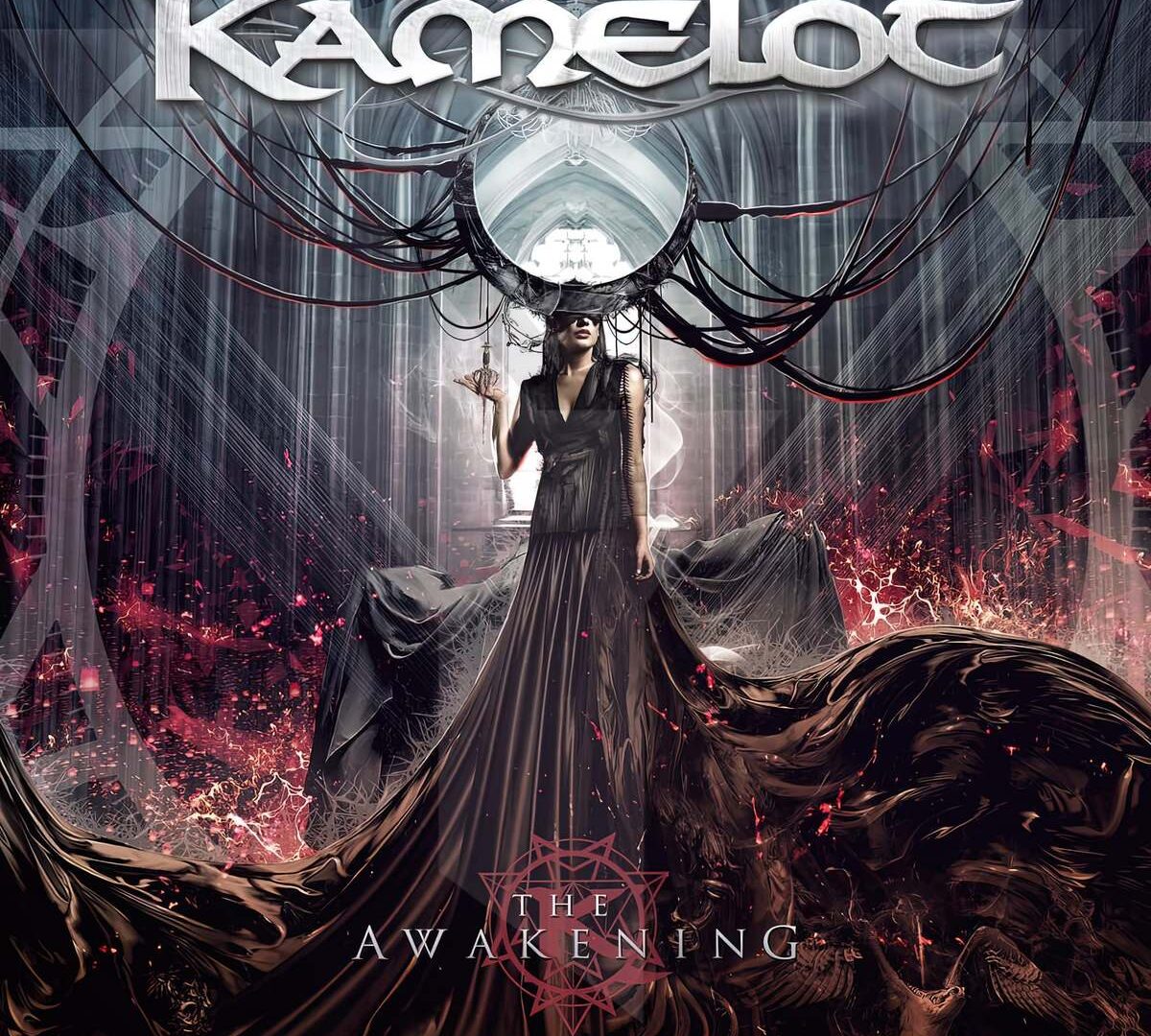Power Metal Veterans picks up classic elements while maintaining natural evolution
By Luiz Athayde
When it comes to the period when power metal was in a downturn, there are certainly bands that didn’t suffer with such a market oscillation. And one of them, of course, is Kamelot.

Formed in the class of 1991 in the Death Metal capital of Tampa, Florida, USA, the proposal has always been to mix power metal, progressive and symphonic metal. Currently there are only the guitarist and leader Thomas Youngblood and the bassist Sean Tibbetts, who actually recorded the demo that year, and came back only in 2010, re-starring with Poetry for the Poisoned.
The line-up is completed with Germans Oliver Pelotai (keyboard) and Alex Landenburg (drums), and Swedish vocalist Tommy Karevik (Seventh Wonder), duly integrated into the group since 2012.
Even though the core is Youngblood, so many changes of members sometimes ends up influencing the sound. And over the years, the essential thing that has happened is the massive use of elements already present in the sound. As in their thirteenth studio album, The Awakening, recently released by Napalm Records.
This timeline partially traced here does not include the first two albums, Eternity (1995) and the fantastic Dominion (1997), on which they featured Mark Vanderbilt. But from the successful Roy Khan era, where Kamelot’s sound really defined itself; or, when they got their own formula right.
In order to keep it the same, including the final result on the speakers, the band went for the right one: Sascha Paeth (Angra, Rhapsody of Fire, Shaman, Avantasia, etc) on production, and Jacob Hansen (Pyramaze, Anubis Gate) on mixing and mastering. Total of 13 tracks.
Among them are some highlights and possible live hits. “The Great Divide” is one of them, as it sounds in its classic format, but, let’s say, superlative. “Eventide” was a shared singles and brings echoes of gothic and even groove metal – something already outlined in the discography.
Already “One More Flag In The Ground” aligns itself with the metal zeitgeist: modern, intricate, and with a great chorus. But if I must point out a peak in the imaginary chart, it is “Opus Of The Night (Ghost Requiem)”. In this one, there is a direct connection to the album Ghost Opera (2007):
“This is the inspiring continuation of a story from 15 years ago. The resurrection and resolution of a dream that never came true and the healing impact that music has on the human heart and mind. No matter how affected they are.” On the musical level, it brings the dynamism characteristic of the band’s compositions. Who participates in this track is Tina Guo. Fantastic.
Another one worth mentioning is the very heavy “Nightsky”. In fact, this is a track that could very well have been on The Shadow Theory (2018), given its futuristic content. Now, the really traditional Kamelot appears on “New Babylon”. Not for nothing, Simone Simons (Epica) and Melissa Bonny (Ad Infinitum) are the guest vocalists to brighten up the song.
As on virtually every album, there has to be at least one ballad. And here the mood is calmed down with the folk and beautiful “Midsummer’s Eve” (with Tina Guo) and the cinematic “Willow”.
In short, Kamelot’s new work sounds like a “don’t mess with a winning team”, while at the same time experimenting here and there. See “My Pantheon (Forevermore)”, when they flirt with extreme metal. It is a perfect record in its proposal as art and, let’s be honest, as a market. And for this very reason The Awakening should stick in many ears for a long time.
Listen to the full album below:

